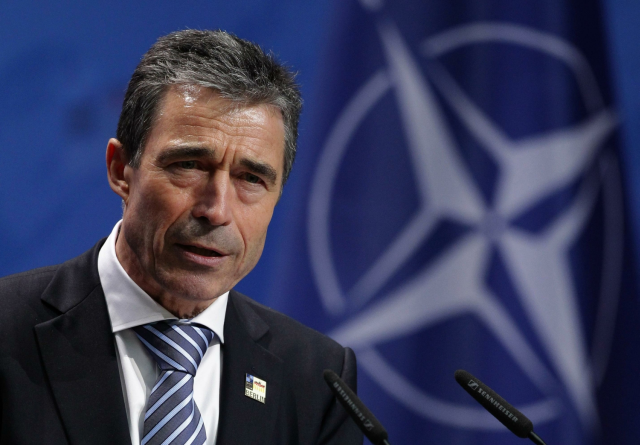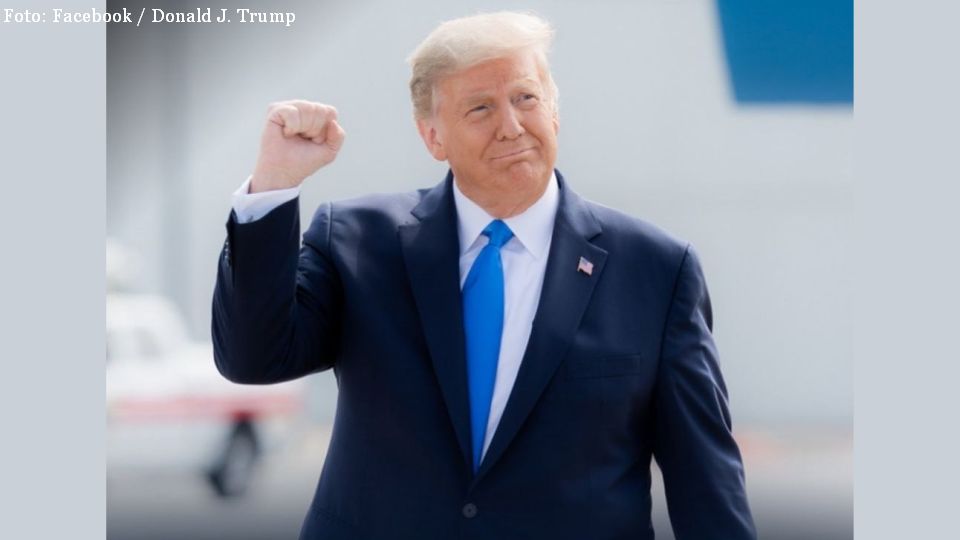NATO, Back to Its First Mission
Just as WWII was coming to a close, Western democracies had to contend with their hard won victory, as Soviet troops took over territories formerly occupied by Nazi troops. Stalin’s Soviet Union took over countries from the Baltic countries to Poland to East Germany, making them satellites. The west reacted to the fear that Soviet oppression would expand, especially given the popularity of communist parties in the West. This was the origin of NATO, born in 1949, whose role was, according to an anecdote popular at the time, to keep the Germans down, the Russians out of Europe, and Americans within.

România Internațional, 22.08.2014, 13:37
Just as WWII was coming to a close, Western democracies had to contend with their hard won victory, as Soviet troops took over territories formerly occupied by Nazi troops. Stalin’s Soviet Union took over countries from the Baltic countries to Poland to East Germany, making them satellites. The west reacted to the fear that Soviet oppression would expand, especially given the popularity of communist parties in the West. This was the origin of NATO, born in 1949, whose role was, according to an anecdote popular at the time, to keep the Germans down, the Russians out of Europe, and Americans within.
For almost half a century, the alliance was a bulwark against Moscow’s expansionism. The winners in the Cold War have managed to extend freedom beyond the former Iron Curtain. From the Baltic Sea to the Black Sea, most former communist states have become members of NATO and the EU. Starting in the last years of the former century, NATO missions have been focused on pacifying the western Balkans and Afghanistan. Meanwhile, the Russians tried to hold on to the former Soviet republics of Moldova, in 1992, and Georgia in 1998. In order to achieve that, they broke off the regions of Transdnestr, as well as Abkhazia and Ossetia. They also fueled the rebellion in the breakaway region of Donbas.
According to experts from the Early Warning think tank in Bucharest, NATO is trying to return to its base mission, stopping Russia from expanding. NATO Secretary General Anders Fogh Rasmussen said in an interview with Radio Romania that the alliance has to adapt to this new space, to a newer, more sophisticated type of war. Instead of open aggression, we see more discreet action, aimed at destabilizing the situation in some countries, clearly seen in Ukraine and Crimea, illegally annexed by Russia, which is also behind the destabilization of the east of Ukraine, according to the head of NATO. He also urged everyone to refrain from naiveté and adapt to the situation.
As a first among equals, the US provides two thirds of NATO’s budget. Speaking recently in Warsaw, President Barack Obama reiterated his country’s commitment towards the security of its Eastern European allies. He said that for America this is a cornerstone of security and a sacred duty. Obama announced his government would earmark one billion dollars for the deployment of US forces on land, sea and in the air, to this part of the world. He also specified that he did not forget the former Soviet republics that opted for Western values, trying to break away from Moscow, in spite of the latter’s obstructions. He said that partnerships with countries like the Ukraine, Modova and Georgia would get strengthened as they bolster their defense. He also said that further challenges from Russia would incur more sanctions, especially after the economic crisis that caused mot NATO countries to slash defense funding. In turn, the NATO secretary general said that the situation couldn’t continue as it stands.
In the last five years, Russia has boosted its defense spending by 50%, while NATO countries slashed theirs by 20%. He said that this was counterproductive, and that the events in Ukraine are a warning, and that European leaders have to reconsider their position on defense pending a conclusion.
He added that the simple fact that NATO exists is a deterrent against any attack on a member state. He assured the allies that everyone is committed to Article 5, and that this is proven by the steps already taken for joint defense and air patrols in the Baltic countries. AWACS early warning planes are already flying over Romania and Poland, while the naval presence in the Black and Baltic seas has already been improved, alongside land exercises, proof of the fact that NATO makes a common front when it comes to Article 5 and joint defense.
Benjamin Jensen, a professor with the American University specializing in international relations, hailed the measures taken by the US with a view to keeping its promises and staying in the position of world leader. He told Radio Romania’s correspondent in Washington that the allies bordering Russia want more than speeches. They would like anti-ballistic defense guarantees, and more NATO troops deployed to the region, according to the American academic.






























